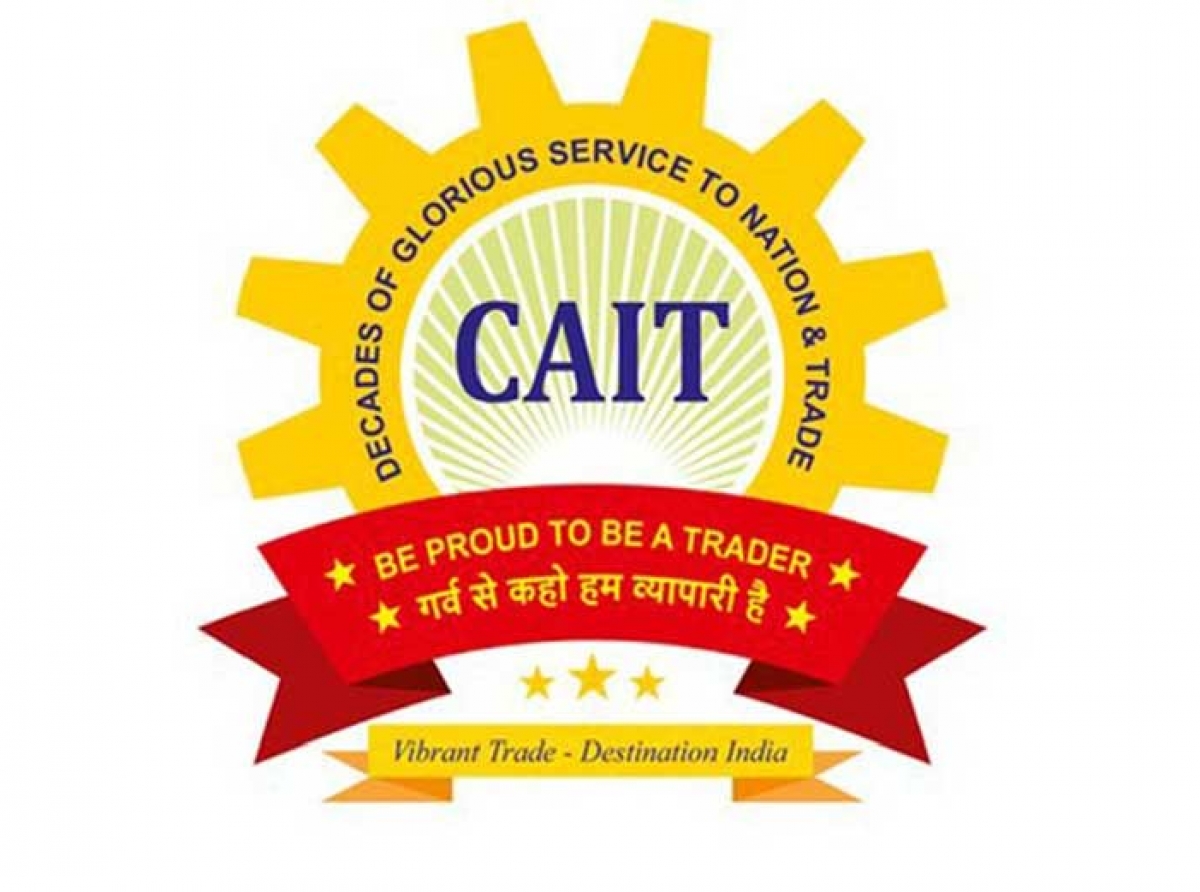CAIT Announces 'Swadeshi Sankalp Yatra': MSMEs lead ₹20 lakh crore fashion target

24 November 2025, Mumbai
The Confederation of All India Traders (CAIT) has officially launched the 'Swadeshi Sankalp Rath Yatra', turning the national call for ‘Swadeshi’ into a focused economic campaign targeting the apparel and textile sector. This massive nationwide initiative aims to integrate the country's vast network of Micro, Small, and Medium Enterprises (MSMEs) into the formal retail ecosystem, directly supporting the government's objective to elevate theIndian textile and clothing market to a projected ₹20 Lakh Crore ($250 billion) by 2030. This growth is premised on capturing the domestic demand, which is currently expanding at a 9-10% Compound Annual Growth Rate (CAGR).
Strategic focus on artisanal heritage
The primary goal of the Yatra is to change consumer perception, positioning Indian-made apparel not merely as a local alternative but as a brand of quality, heritage, and contemporary style. The campaign is using the slogan, “Swadeshi kapda desh ki shaan — yahi hai Bharat ki pehchaan.”(Indigenous textiles are the pride of the nation—this is India’s true identity) to emphasize that domestic products are a source of national pride. The focus is specifically on promoting the use of handloom and natural fiber-based fabrics, leveraging India's traditional strengths in weaving and artisanal craft. This strategy is expected to yield higher margins and greater global recognition for unique Indian textiles.
Policy support and growth plan
The operational plan involves educating both traders and consumers about the benefits of local sourcing and the various government supports available. This includes highlighting the Production Linked Incentive (PLI) scheme for textiles, which encourages large-scale investment, and recent GST rationalizations that have lowered taxes on affordable garments (priced up to ₹2,500).
However, the major challenge remains the fragmentation of the industry. The domestic unorganized sector still accounts for over 80% of retail, hindering standardized quality and logistics. The Yatra is a crucial step towards formalization, providing MSMEs with greater market access and technological know-how to compete effectively against imported goods, ultimately establishing a resilient and self-reliant domestic fashion market.












